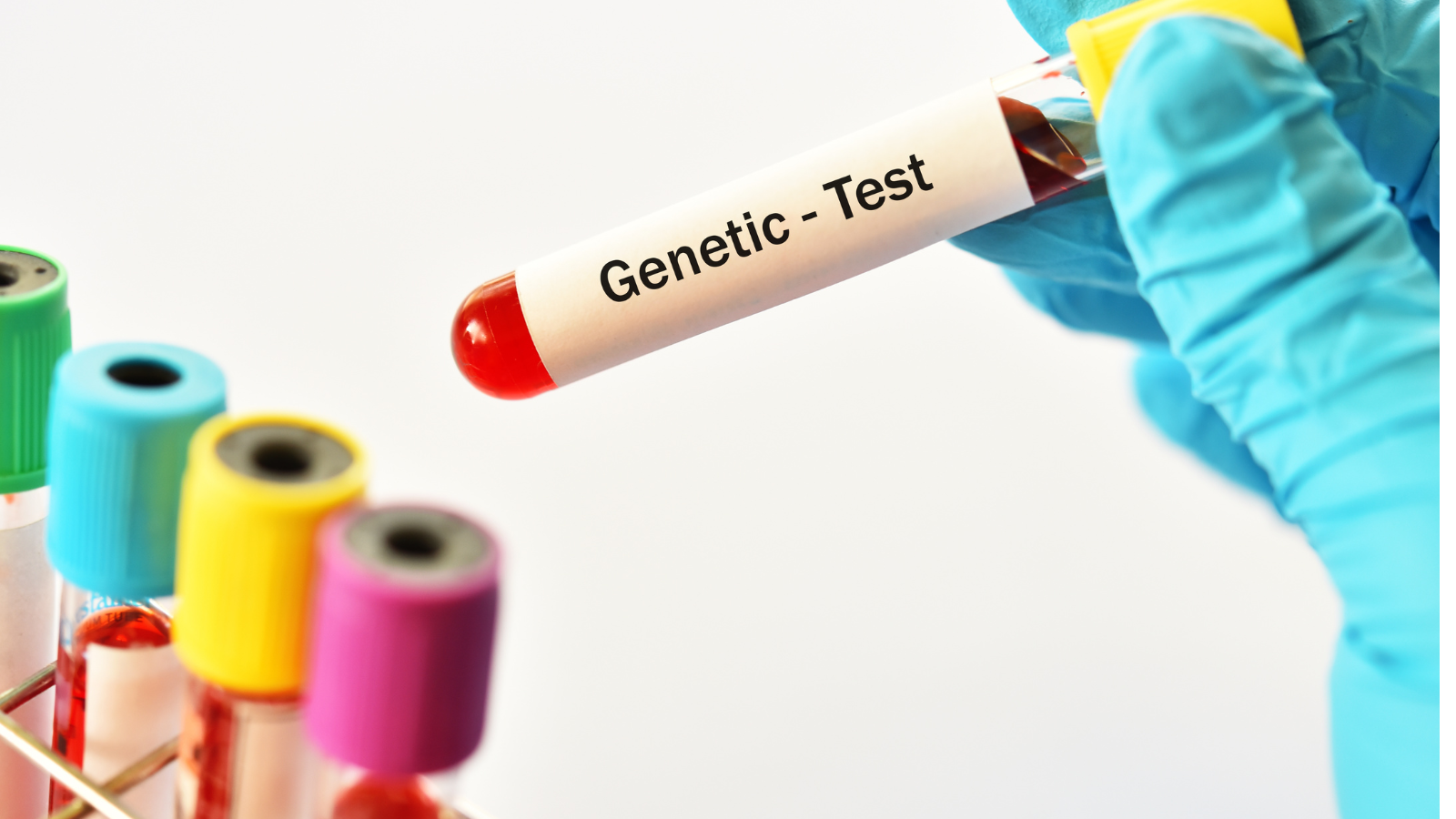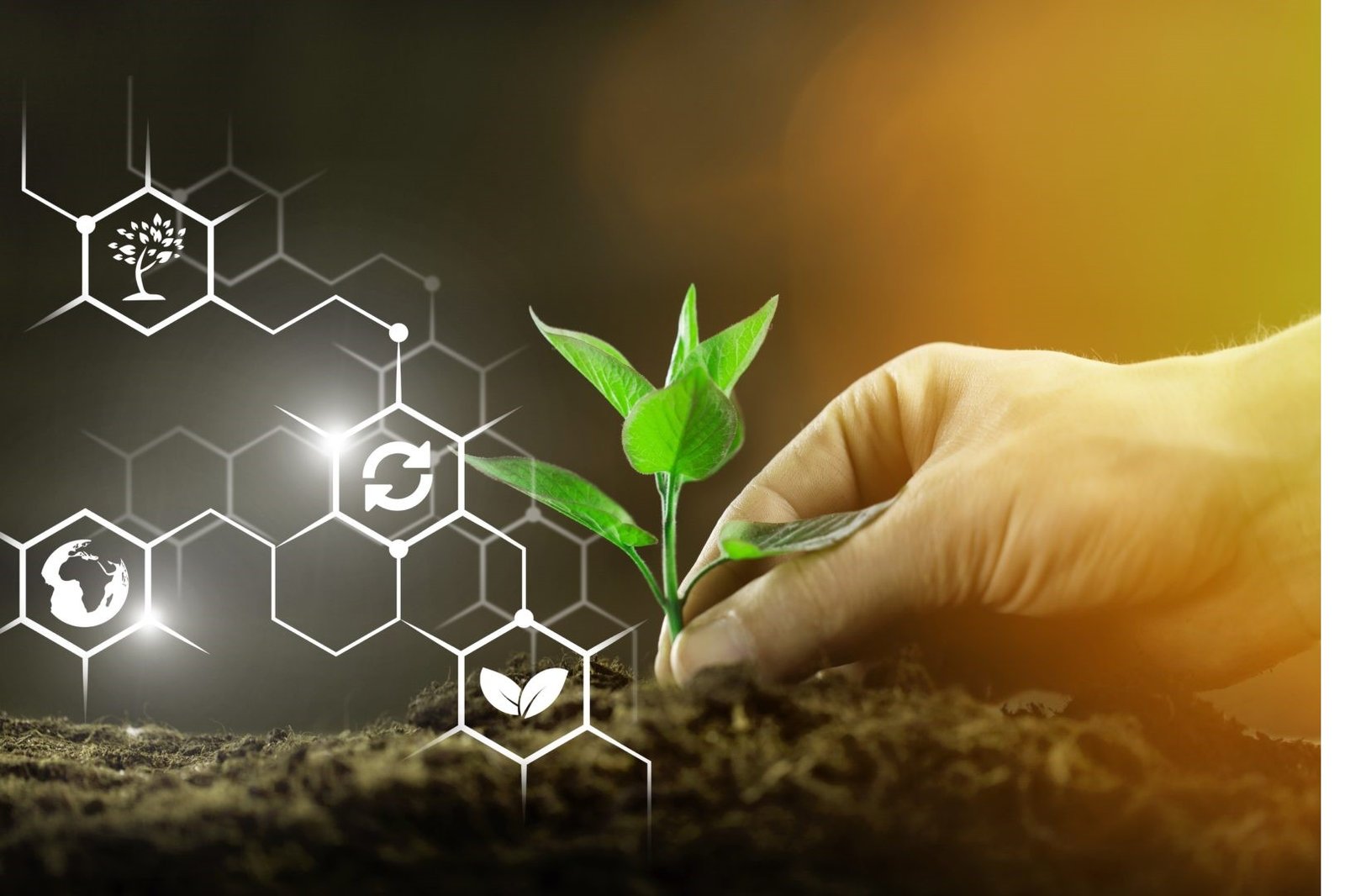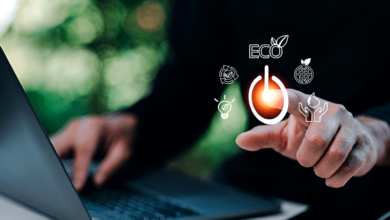How to Embrace Biotechnology for Health and Wellness in 2023

In recent years, biotechnology has rapidly evolved and become an integral part of the health and wellness industry. This scientific advancement holds the promise of transforming healthcare and improving our overall well-being. From personalized medicine to innovative therapies, embracing biotechnology can have a profound impact on our lives. In this article, we will explore the various ways you can integrate biotechnology into your health and wellness journey.
Understanding Biotechnology and Its Applications
Biotechnology involves using biological systems, organisms, or derivatives to develop new products and technologies for various sectors, including healthcare. Its applications extend beyond traditional pharmaceuticals, encompassing genetics, molecular biology, and more. In the realm of health and wellness, biotechnology has led to groundbreaking innovations that cater to individual needs.
Personalized Medicine
Personalized medicine represents a paradigm shift in healthcare, focusing on delivering targeted treatments based on a person’s unique genetic makeup. By analyzing an individual’s DNA, doctors can predict susceptibilities to diseases, prescribe tailored medications, and minimize adverse effects.
Genetic Testing

Genetic testing has gained popularity, enabling individuals to gain insights into their genetic heritage and potential health risks. Services like 23andMe provide detailed reports on ancestry, traits, and genetic predispositions, empowering users to make informed lifestyle choices.
Regenerative Medicine
Regenerative medicine taps into the body’s innate ability to heal itself. Stem cells can be manipulated to repair damaged tissues and organs, offering hope for conditions like spinal cord injuries, Parkinson’s disease, and heart ailments.
Biotech Wearables
Wearable biotech devices have revolutionized health monitoring. From fitness trackers to smartwatches, these devices collect real-time data on vital signs, physical activity, and sleep patterns. This data empowers users to make proactive decisions about their well-being.
Nutrigenomics
Nutrigenomics explores how genes interact with nutrients, shaping individual responses to diet. Tailored dietary recommendations based on genetic makeup can optimize health outcomes and manage conditions like obesity and diabetes.
Bioinformatics
Bioinformatics combines biology, computer science, and data analysis to decode complex biological information. In Health and Wellness, it accelerates drug discovery, enables precision medicine, and enhances disease surveillance.
Merging AI and Biotechnology
The integration of artificial intelligence with biotechnology has led to smart healthcare solutions. AI algorithms analyze medical data, predict disease outbreaks, and assist in diagnostic processes, improving patient care and management.
Ethical Considerations in Biotechnology
As biotechnology advances, ethical concerns arise. Issues surrounding genetic privacy, consent, and equitable access to biotech innovations necessitate ongoing discussions and regulatory frameworks.
Biotechnology and Mental Health
Biotechnology is making strides in understanding and addressing mental health challenges. Neurobiological research is uncovering the intricacies of conditions like depression and anxiety, leading to more effective treatments.
The Future of Biotechnology
The future of biotechnology holds exciting possibilities, from 3D-printed organs to nanorobotics for targeted drug delivery. As technology evolves, our capacity to enhance human health and longevity expands.
Embracing Biotechnology in Daily Life
Incorporating biotechnology into daily life can be seamless. From using health apps that track nutrition to undergoing genetic testing for personalized wellness plans, there are myriad ways to benefit from biotech advancements.
Challenges and Hurdles in Biotech Integration

While the potential of biotechnology is immense, challenges remain. Regulatory hurdles, ethical dilemmas, and data security concerns must be navigated to ensure the responsible and effective integration of biotech solutions.
Regulatory Complexities and Approval Processes
One of the most significant challenges facing biotech integration is the complex regulatory environment. As technology evolves rapidly, regulatory bodies struggle to keep up, leading to a lack of clear guidelines for novel biotech products. The approval process for new therapies or technologies can be lengthy, costly, and fraught with uncertainties, causing delays in bringing innovative solutions to the market.
Data Security and Privacy Concerns
With the increasing reliance on data-driven approaches in biotech, concerns about data security and privacy have intensified. The vast amounts of sensitive information collected during research and development can be vulnerable to breaches, leading to ethical, legal, and reputational issues. Balancing the need for data sharing and collaboration with robust security measures is an ongoing challenge.
Talent Shortage in Highly Specialized Fields
The biotech industry demands a highly skilled workforce with expertise in various specialized areas such as molecular biology, bioinformatics, and computational modeling. The scarcity of professionals in these fields poses a significant hurdle for companies aiming to leverage the latest biotech advancements. Competing for top talent in a competitive job market adds to this challenge.
Integration of AI and Machine Learning
While the integration of artificial intelligence (AI) and machine learning (ML) holds immense promise in biotech, it presents challenges in implementation. Developing algorithms that can analyze vast datasets and predict outcomes accurately requires both domain-specific knowledge and advanced AI capabilities. Ensuring seamless integration of these technologies while maintaining transparency and interpretability is a complex task.
Ethical and Social Implications
Biotech integration raises profound ethical and social questions. As we gain the ability to manipulate genes and develop advanced therapies, issues surrounding the potential misuse of technology, genetic discrimination, and access to treatments become more pressing. Balancing innovation with ethical considerations is essential for the sustainable growth of the biotech industry.
Intellectual Property Battles
The competitive nature of the biotech industry often leads to legal battles over intellectual property rights. Innovators must navigate a complex landscape of patents, licenses, and proprietary technologies, which can hinder collaboration and innovation. Resolving these disputes while fostering an environment of cooperation is crucial.
Scaling Up and Commercialization
Transitioning from research and development to large-scale production and commercialization can be a daunting task. The challenges of scaling up biotech processes, ensuring consistent quality, and meeting market demands require significant investment and strategic planning. Many promising biotech startups face hurdles in this critical phase.
Public Perception and Education
Biotech integration can sometimes be met with skepticism or fear from the public due to a lack of understanding or misinformation. Educating the public about the benefits, risks, and real-world applications of biotech is essential for fostering acceptance and support.
Interdisciplinary Collaboration
Biotech integration often requires collaboration between researchers, engineers, clinicians, and business professionals from diverse backgrounds. Effective communication and collaboration between these disciplines can be challenging but are essential for driving innovation.
Global Regulatory Harmonization

As biotech becomes a global endeavor, disparities in regulatory frameworks across different countries can impede progress. Establishing harmonized international standards for biotech products and therapies is necessary to ensure efficient global collaboration.
In conclusion, while the potential of biotech integration is immense, the challenges and hurdles it faces in 2023 are equally significant. Addressing regulatory complexities, data security concerns, talent shortages, ethical implications, and other obstacles requires collective effort from industry stakeholders, policymakers, and the public. By overcoming these challenges, we can unlock the full potential of biotech and pave the way for a future where innovative solutions transform the way we live and thrive.
Conclusion
The synergy of biotechnology with health and wellness has paved the way for groundbreaking discoveries and innovative solutions. By embracing biotechnology, we have the opportunity to revolutionize healthcare, enhance our quality of life, and embark on a journey toward a healthier and more sustainable future.
Read more : 5 Best Ways To Use Google Authenticator on a Windows PC
FAQs
What is biotechnology’s role in personalized medicine?
Biotechnology enables tailoring medical treatments based on an individual’s genetic profile, enhancing treatment effectiveness.
How can wearable biotech devices benefit my health?
Wearable devices provide real-time health data, helping you monitor your well-being and make informed lifestyle choices.
Are there any ethical concerns associated with biotechnology?
Yes, ethical concerns include genetic privacy, consent for genetic testing, and equitable access to biotech advancements.
Can biotechnology play a role in mental health treatment?
Absolutely, biotech research is advancing our understanding of mental health conditions and improving therapeutic approaches.
What does the future hold for biotechnology in healthcare?
The future holds exciting prospects, including 3D-printed organs, nanorobotics, and AI-powered diagnostics, reshaping healthcare as we know it.
Read more : How to Secure Your Privacy in a World of Surveillance Tech in 2023







